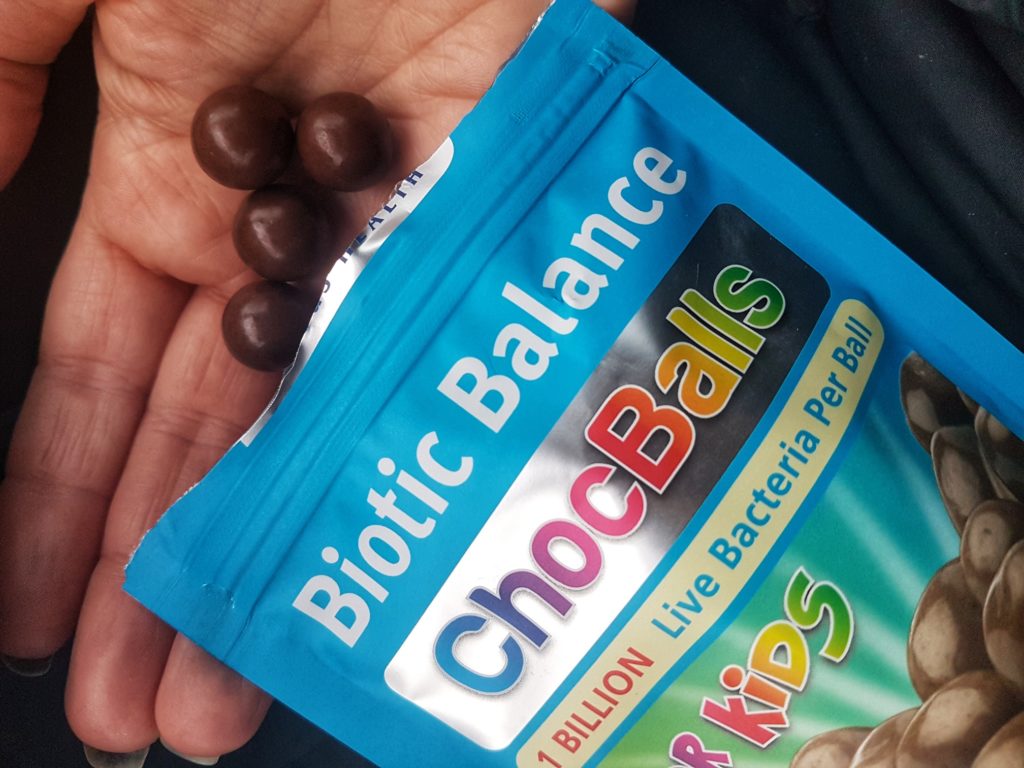These days many people take health supplements, ourselves included, but what are the most popular supplements? What do you use?
Probiotics

Healing your gut allows the body to build a stronger immune system and produce the right kind of bacteria that tells your brain that it’s okay to feel good again. The health of your gastrointestinal system is extremely important to your overall well-being.
Once you’ve decided that you need to make a committment to improving the health of your gut, where do you start?
If you want to get started on improving the health of your gut right away without too much thought pop some Actimel in your shopping trolly next time you shop. They contains large amounts of a unique strain of a well-researched probiotic and are suitable for anyone over the age of three.
If you have got everyone into Actimel and you are ready to consider something else, have a look at the OptiBac range of products, or Bioglan. They have products suitable for all members of the family, depending on your needs.
There are a number of good probiotics out there that you could try, and there are products suitable for the whole family, so you can ensure everyone is developing good gut health. One option for improving gut health is mushroom supplements, such as those supplied by Nature Happiness.
Greens Powders

Greens powders have been described as multi-vitamins on steriods. Packed with a ton of goodness, concentrated into a spoonful of greens you can add to a smoothie or juice, or even just water if you prefer.
The ingredient lists are usually long and impressive and include land vegetables and grains such as wheatgrass, spinach, broccoli and beetroot; aquatic plants and algae like kelp, spirulina and chlorella; probiotics and enzymes such as lactobacillus acidophilus and coenzyme Q10; herb and spice extracts including dandelion, wolfberry and ginger; and vitamins and minerals.
The advice around greens powders is usually choose wisely, do your research and read reviews!
Vitamin D
Vitamin D is something that has got a lot of press in recent years, however, I often hear people talking about the fact that they take it but I’m often not convinced that they know why.
So? Vitamin D helps regulate the amount of calcium and phosphate in the body. These nutrients are needed to keep bones, teeth and muscles healthy – so very important for anyone with mobility difficulties. A lack of vitamin D can lead to bone deformities such as rickets in children, and bone pain caused by a condition called osteomalacia in adults.

Vitamin D is known as the “sunshine vitamin” because it’s produced within the body when the sun hits the skin. But many people turn to supplements in cooler months of the year when cold and dark days limit time spent outdoors.
Lots of studies have found that Vitamin D doesn’t actaully live up to the bone-protecting hype, lots of researchers have struggled to draw firm conclusions about its benefits – YET, most people think they should take it.
What is your view? Do you take a Vitamin D supplement?
Fish Oils
Omega-3 fatty acids are incredibly important. They have many powerful health benefits for your body and brain. In fact, few nutrients have been studied as thoroughly as omega-3 fatty acids.
Research suggests that fish oils can fight depression and anxiety, improve eye health, promote brain health of unborn babies, reduce symptoms of ADHD in children, fight inflamation, fight autoimmune diseases, can fight age-related mental decline, and even reduce fat in your liver.
Getting whole foods is the best way to get these into your system, but if you can’t, you can top up with a supplement. You can get bulk supplements here.
Do you use any of these supplements?

